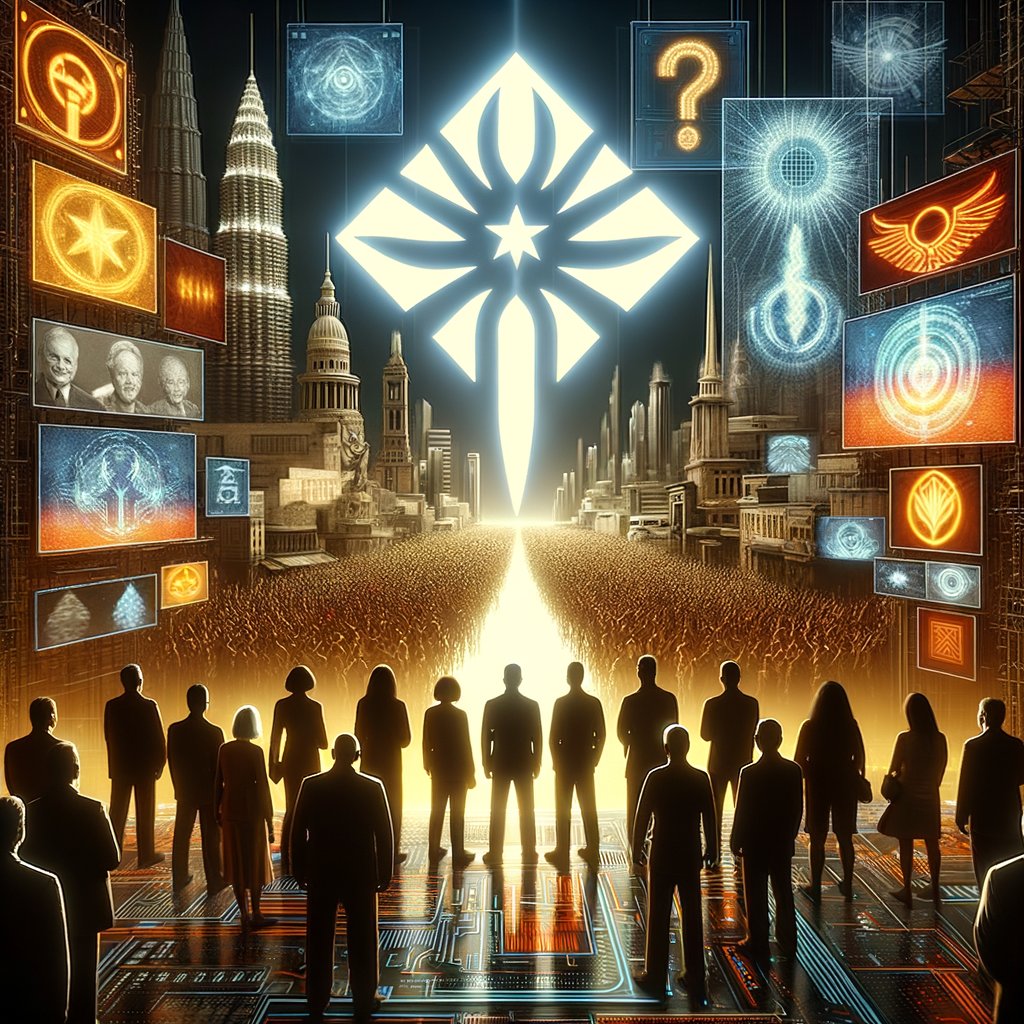Image created by AI
Unpacking Jacob Zuma's MK Party: Vision Versus Viability in South Africa's Political Landscape
In a surprising twist in South African politics, the MK party, affiliated with former president Jacob Zuma, has quickly garnered attention and controversy as it celebrates its first year. Achieving over 14% of the electoral vote, the party's rapid rise has not only shaken the political establishment but also incited debates about its long-term viability and its potential impact on the nation's pressing issues.
Named after the armed wing of the ANC during apartheid, uMkhonto weSizwe, the party's identity is deeply entwined with Zuma's political and personal legacy. A key element of concern is the centralism evident in the party's constitution, allowing the president unmatched power to appoint and recall party and government officials. This raises significant alarms regarding the future of democracy and political stability in South Africa.
Amidst organizational critiques, a more profound question looms: What exactly does Zuma's party stand for in today's challenging times? South Africa grapples with severe economic hardships, rising political divides, and an ambiguous stance in international affairs. For Zuma's influence to be meaningful, it must extend beyond symbolism to offer tangible solutions to these urgent national dilemmas.
Zuma champions themes of black unity and empowerment for the historically marginalized, yet these calls lack the immediate relevance required in the face of escalating inequality, unemployment, and rampant corruption. The MK party, despite its popularity, has yet to articulate a clear strategy to address these multifaceted issues, seemingly revolving more around Zuma's persona rather than a robust policy platform.
Furthermore, Zuma's political re-emergence rides on a narrative of defying the establishment, a sentiment that once resonated with many South Africans. However, as the party grows, this foundation appears increasingly precarious. The lack of a cohesive alternative to the ANC or a new governance approach reveals a movement that might be more about personality than pragmatic politics, leaving citizens skeptical about the MK party's ability to transition into a substantive political alternative.
Zuma's silence on crucial international issues, such as the Palestinian conflict, coupled with his alignment with contentious figures like Russia's President Vladimir Putin, also poses questions about the shift in South Africa's foreign policy priorities and its implications for global diplomatic relations. At home, his rhetoric on economic and social justice seems outdated and insufficient to tackle the stark realities of the nation's economic and political landscape.
Therefore, as the MK party stands at a crossroads, the need for a redefined vision that addresses the realities of modern South Africa is imperative. The party's potential to initiate meaningful political dialogue and offer viable alternatives to existing policies is considerable. However, this requires a shift from a focus on Zuma's individual legacy to a comprehensive and future-oriented political strategy that resonates with the broader populace's needs and aspirations.










